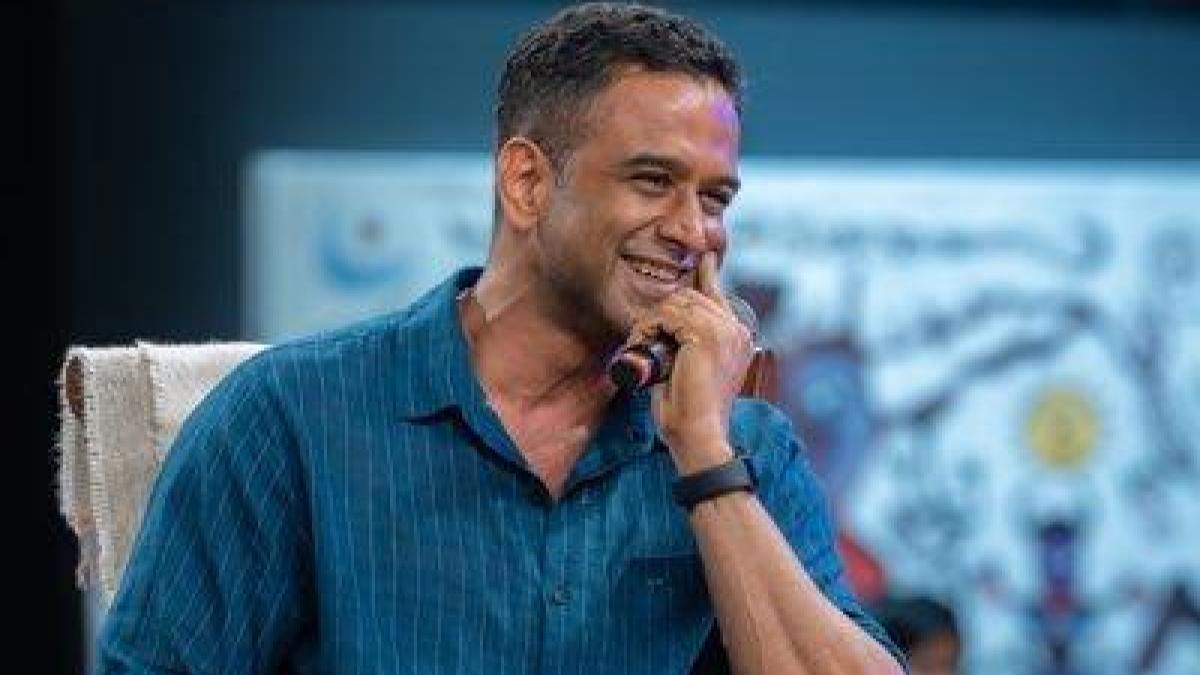In today’s fast-paced world, the pursuit of wealth often leads to a frenzy over the next big investment opportunity—whether it’s a promising stock, a startup unicorn, or a cryptocurrency poised for overnight success. However, amidst this chaos, Nithin Kamath, co-founder of Zerodha, recently shared a refreshing perspective on true wealth creation through a post on X (formerly Twitter). His insights emphasize that genuine financial success is a product of discipline and sound judgment, rather than mere luck or insider tips.
The Value of Discipline Over Instant Gratification
Kamath candidly remarked, “People frequently seek stock tips that promise quick riches. Yet, the reality is that there are no shortcuts to wealth.” He further elaborated on the pitfalls of impulsive spending, such as purchasing unnecessary items or borrowing funds to finance these purchases. A critical point he raised was the importance of health insurance, which can be a significant financial safeguard.
- Key Takeaways:
- Wealth is built through good habits, not shortcuts.
- Avoid unnecessary purchases and borrowing.
- Prioritize securing health insurance to protect your finances.
Breaking Free from the Financial Cycle
In addition to his thoughts, Kamath shared a thought-provoking clip from Zero1ByZerodha, featuring speaker Prateek Singh, who delves into the common financial traps many individuals fall into. Singh describes a repetitive cycle: study diligently, secure a job, take out loans, purchase a home, and continuously spend. While this may appear to be a path to success, it often leads to a feeling of entrapment, inhibiting true financial freedom.
- Cycle of Financial Entrapment:
- Study hard.
- Get employed.
- Accumulate debt.
- Buy a house.
- Live paycheck to paycheck.
Singh emphasizes that many individuals perceive their salaries solely as a source for spending rather than a foundation for savings or investment growth.
Building a Strong Financial Foundation
Before diving into investments, Singh advocates for the establishment of an emergency fund. He suggests that individuals with monthly expenses of ₹30,000 should aim to save at least ₹1.8 lakh, allowing for six months of financial security without a job. Additionally, he underscores the necessity of health insurance, warning that a single medical emergency can deplete years of hard-earned savings.
- Steps to Financial Stability:
- Create an emergency fund equivalent to six months of expenses.
- Secure health insurance to protect against unexpected costs.
- Reduce mindless consumerism influenced by societal pressures.
In conclusion, the journey towards financial freedom does not commence with the relentless pursuit of high returns. Instead, it begins with establishing safety nets and curbing excessive spending. By focusing on disciplined financial practices, individuals can pave the way for a more secure and prosperous future.











